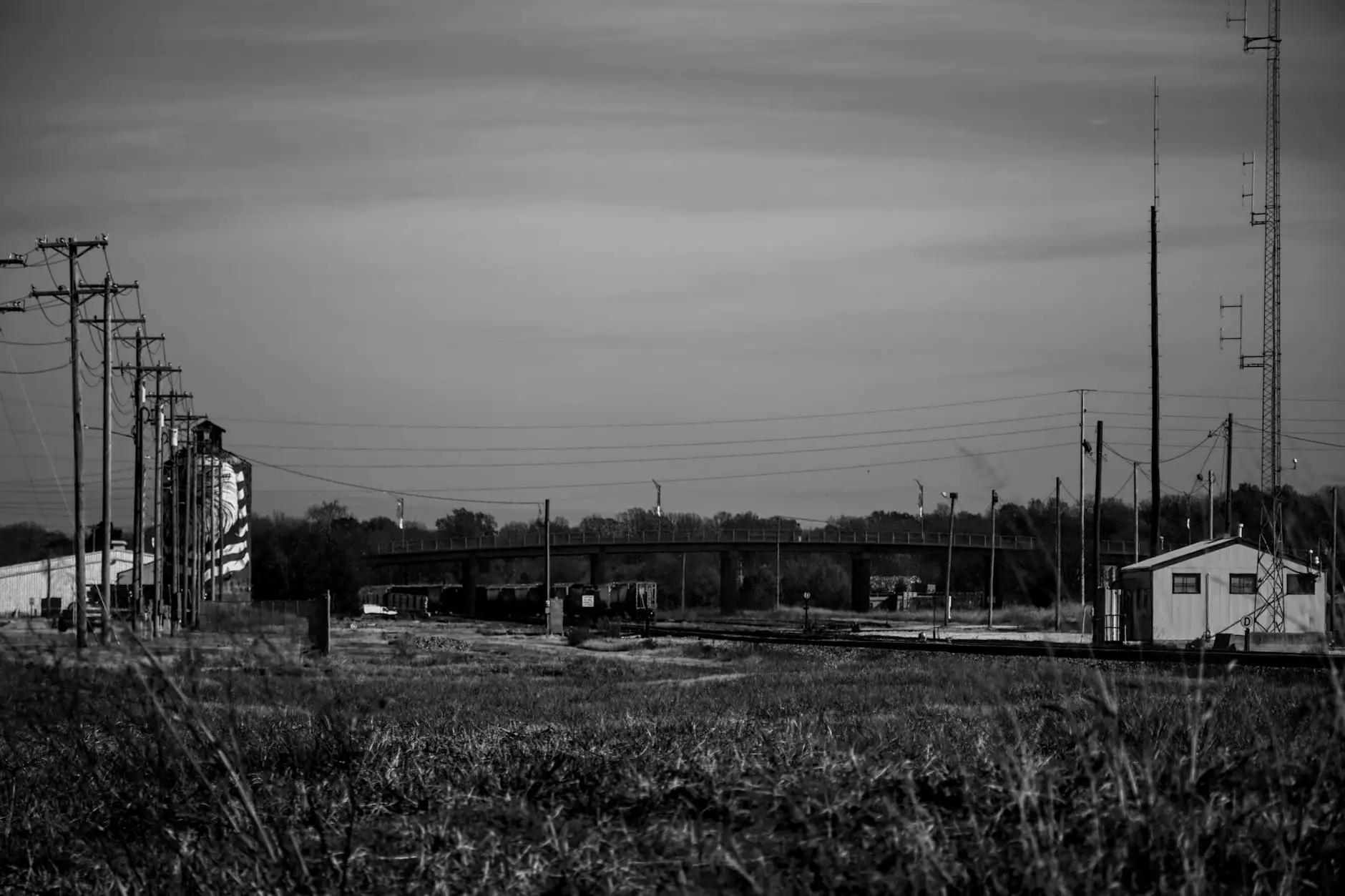Empowering Communities: The Role of Black Churches in Today's Society

The black church has long been a cornerstone of community life, providing not just spiritual guidance but also a sense of belonging and support. Within the vibrant tapestry of African American culture, these churches have flourished as institutions of hope, resilience, and progress. In this article, we will delve deep into the multifaceted roles that black churches play in our society, focusing on their impact in the realms of community service, religious devotion, and non-profit initiatives.
Historic Significance of Black Churches
Historically, the black church emerged from a backdrop of oppression and segregation. During the times of slavery, African Americans created their own places of worship, which allowed them to express their faith freely and foster a sense of community. These early congregations became safe havens where individuals could gather, share their burdens, and uplift one another.
Social Movement Centers
Throughout history, black churches have been pivotal in social movements. They served as organizing hubs during the Civil Rights Movement, with leaders like Martin Luther King Jr. emerging from this embedded culture. Churches not only provided physical spaces for meetings but also spiritual encouragement that empowered congregants to fight for justice and equality.
The Black Church Today: A Beacon of Hope
In the contemporary landscape, black churches continue to be vital players in community development. They offer resources and programs that address both spiritual and practical needs.
Community Service Initiatives
Community service is at the heart of the black church's mission. Many churches operate food banks, clothing drives, and educational programs, directly addressing urgent community needs.
- Food Assistance: Many black churches run soup kitchens and food pantries to support underserved populations.
- Clothing Drives: Clothing donations are collected and distributed to families in need, aligning with the church’s mission to serve the less fortunate.
- Tutoring and Mentorship Programs: Churches often provide after-school tutoring and mentorship for youth, creating pathways to success.
Health and Wellness Programs
In addition to social services, many black churches have taken it upon themselves to promote health and wellness in their communities. Health fairs, fitness classes, and mental health workshops are just a few ways these churches contribute to holistic community well-being.
Spiritual Growth and Development
The spiritual aspect of black churches cannot be overstated. They serve as places where individuals seek not only a connection with God but also a deeper understanding of themselves and their purpose. Through worship services, Bible study groups, and prayer meetings, congregants explore their faith and reinforce their identities within the community.
Training Future Leaders
Black churches also focus on leadership development. Many congregations offer programs to train future leaders who can take on roles within the church and wider community. This investment in harnessing talent ensures a sustainable future for the church and strengthens community bonds.
The Role of Non-Profit Initiatives
Non-profit work, often rooted in faith-based principles, is another significant aspect of what black churches do. Organizations affiliated with these churches frequently launch initiatives aimed at addressing systemic issues such as poverty, unemployment, and education disparities.
Collaboration with Local Organizations
By partnering with local government and non-profit organizations, black churches amplify their impact. Through collaborative efforts, they tackle pressing societal challenges while fostering community engagement.
Examples of Collaborative Initiatives:
- Job training programs that prepare individuals for employment in various fields.
- Health screenings that connect individuals with vital medical resources.
- Legal assistance clinics that provide support for housing and immigration issues.
Conclusion: The Enduring Legacy of Black Churches
The black church is more than just a place of worship. It is a dynamic entity that offers emotional, spiritual, and physical support to countless individuals. As they continue to evolve and respond to the needs of their communities, black churches remain symbols of hope, resilience, and community strength.
In a world where challenges seem insurmountable, black churches remind us of the power of faith and community. By embracing their heritage and continuing their commitment to service, they not only transform individual lives but also uplift entire communities. As these churches navigate the changing landscape of modern society, their role as advocates for social justice, spiritual health, and community support will undoubtedly continue.
It is essential for all of us to recognize and support the invaluable contributions made by black churches. Whether through volunteering, participating in programs, or simply acknowledging their influence, we can all play a part in fortifying this enduring legacy.
Join us at Bridge Church NYC in celebrating and recognizing the tremendous work of black churches. Together, let's contribute to a vibrant community where everyone thrives.
black church welcome








